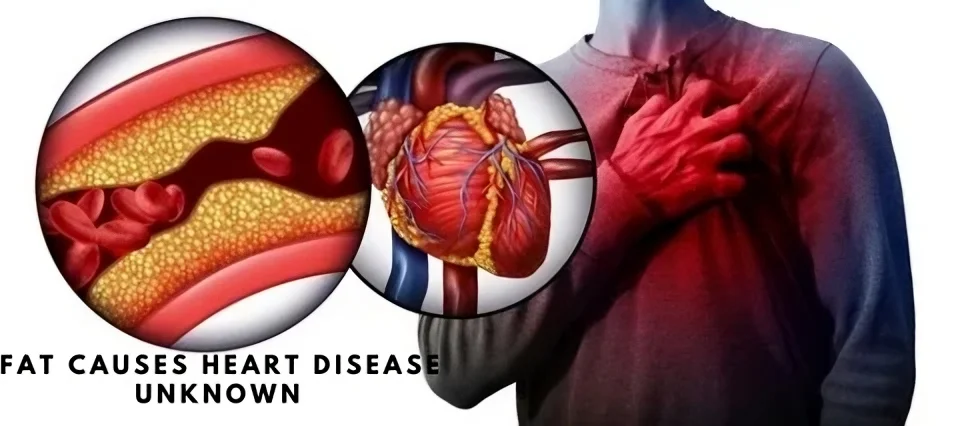
Gum disease kill you. If you neglect the issue of gum disease, this can promote the possibility of heart disease, stroke, and infection.
Diseases of the gum can affect more than just your teeth. It may look harmless sometimes, but when neglected, it can pose serious problems in the form of heart disease and stroke. Bleeding and swollen gums could indicate that far more problems might be brewing inside you. Read on to learn how gum disease can affect your body and what measures to take to protect yourself!
The gum diseases start as a little bleed and is swollen gums, however, a serious health risk is in taking them for granted. It has a rising risk in both heart disease and stroke, as well as infections, due to the ease with which bacteria can now spread into the bloodstream. Seemingly minor, the effects of these can worsen into complications resulting in death or extreme severity in health life. Thereby maintaining the gums is now important for better health protection.
What is Periodontal Disease?
Periodontal disease is also a Gum disease. This is a gum disease in which the gums damage and later the bones lose attachment and finally disappear. The initial stages of the condition are gingivitis, which is characterized by swollen, red, and bleeding gums. As the process continues, serious tooth loss becomes highly probable as one’s health suffers from other conditions thats why gum disease kill you. Proper oral hygiene and dental check-ups may prevent regional or periodontal disease.
Difference between Gum Disease and Periodontal Disease
- Gum Disease (Gingivitis): Gingivitis is the most initial introductory persistent infection in the gums; the gums become red along with inflammation and bleeding occurs. Treating the disease with thorough dental care would reverse this condition.
- Periodontal Disease: The advanced stage of gum disease, where the infection spreads to the bone supporting the teeth. It can lead to tooth loss if untreated.
Key Difference: Gum disease (gingivitis) is mild and reversible, while periodontal disease is severe and may cause permanent damage.
The Hidden Dangers of Gum Disease on Overall Health
Increases Risk of Serious Diseases:
Gum disease kill you as it can lead to heart disease, stroke, diabetes, and lung infections by allowing harmful bacteria to enter the bloodstream.
Weakens the Immune System:
Chronic gum infections make it harder for the body to fight off other illnesses, increasing overall health risks.
Link to Heart Disease and Diabetes:
Research shows that gum disease is connected to heart problems and can make diabetes harder to control.
Can My Mouth Give Me A Heart Attack And Kill Me?
Surely, many think that there is no relationship between their gum disease and serious heart problems. Shown in the studies, the same bacteria that cause gum infections could find their way into the bloodstream, or as far as heart tissue. This would fire up inflammatory reaction and further occlude coronary arteries, bringing about a heart attack or triggering other cardiovascular disease conditions.
The unfortunate reality here is that oral hygiene is poor and affects not only the teeth but even the very life of a man. Stereotypes between gum diseases and heart diseases have been proven in studies, as heart infection becomes the result of bacteria emanating from the mouth that can lead to gum disease kill you. A clean mouth obviates heart problems to an extent, apart from improving general health.
Early Signs and Symptoms of Gum Disease You Shouldn’t Ignore
Bleeding Gums:
Gums that bleed while brushing or flossing are an early warning sign of gum disease.
Swollen or Red Gums:
Inflammation, redness, or tenderness in the gums may indicate an infection.
Persistent Bad Breath:
Ongoing bad breath or a bad taste in the mouth can be caused by bacteria from gum disease.
Receding Gums:
Gums that pull away from the teeth can lead to sensitivity and expose the tooth roots.
Loose or Sensitive Teeth:
Weakening gums can make teeth feel loose or more sensitive to hot and cold foods.
How to Prevent Gum Disease and Maintain Good Oral Health
A healthy gum is maintained by brushing twice a day with fluoride toothpaste. Flossing daily takes out plaque and any food particles, which may still be around in places that are unreachable by the toothbrush. Antibacterial mouthwashes are also effective at curbing the bacteria to make gums healthy.
Regular dentist check-ups minimize the risk of gum disease by allowing early detection. The dental health factor is enhanced by salt less eating. Good dental health maintenance also includes avoiding cigarettes and drinking plenty of water.
Is Gum Disease Contagious?
Gum disease is not contagious, rather, it is the actual bacteria that cause it that may become transmissible. Through the exchange of any dishes, through kissing, or by using the same toothbrush, harmful bacteria can transfer from one individual to another. Poor oral hygiene also makes ingress more possible after being exposed to such bacteria.
Gum disease can be transmitted to a partner or to family members of the affected individual. Proper oral hygiene coupled with frequent visits to the dentist will not allow transmission of the bacteria. Good healthy practices will keep the gums and the entire body healthy.
Best Toothpaste for Periodontal Disease
When a periodontal infection or gum disease is present, utilizing a relevant toothpaste may assist in the management of symptoms, hence improving gum health. Following is a list of best toothpastes recommended for periodontal disease:
- Parodontax reduces gum inflammation and bleeding.
- Crest gum detoxify targets bacteria and prevents plaque buildup.
- Sensodyne sensitivity & gum soothes sensitive teeth and gums.
- Colgate total gum health provides 12-hour antibacterial protection.
- Tom’s of Maine natural is a natural option for gum health.
Tip: Use a soft bristled toothbrush and floss daily for better gum care. Consult a dentist for severe cases.
Conclusion
Gum disease kills you. Initially, gum disease may seem not to be such a big issue, but it may give rise to a variety of other health complications. The bacteria in infected gums may enter the bloodstream and give rise to untreated infections of the heart and other organs. Such risks for heart disease, stroke, and infection arise. Hence keeping those gums healthy equates to having a healthy body and good health in good shape.
They are avoidable by practicing proper oral hygiene. Healthy gums come from safe brushing and flossing teeth regularly, as well as going through routine dental examinations. Healthy mouths have a healthy body, reduced chances of acquiring severe diseases. And thus, safeguarding it proves that one may keep this life force vital called life.
Frequently Asked Questions
Can gum disease kill you?
Yes, gum disease can be life-threatening.
How does gum disease affect the heart?
Bacteria causing gum infection can enter the bloodstream, causing inflammation and a higher risk for heart disease.
Can gum disease lead to other health problems?
Diseases such as diabetes and respiratory infections can occur because of diseases related to the gums, while many of them are caused by a lower immunity to fight several infections.
Is gum disease reversible?
Initially, the unfavourable symptoms can be reversed with proper onset therapy; however, chronic periodontitis ultimately causes irreversible damage.
How do you stop gum disease from becoming serious?
Brushing and flossing, as well as using antibacterial mouthwashes, regular dental visits, are among the ways through which gum disease can be prevented and treated.



